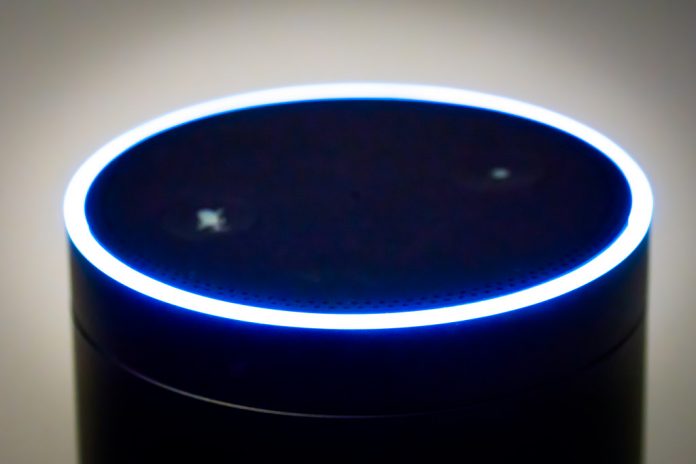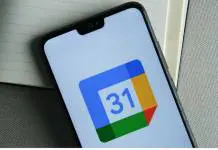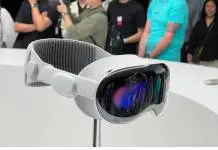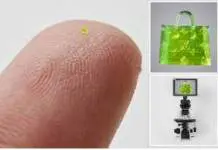
Microsoft and Amazon announced jointly this Wednesday that their virtual voice assistants, Cortana and Alexa, will work together in each other’s ecosystems. Come next year, users will be able to summon Cortana in Echo devices and bring up Alexa in Windows-based environments to help with shopping and more.
The partnership between the two AIs will most likely involve some sort of data voice sharing between their respective companies. This move puts the likes of Google and Apple in a difficult position, as they seek to strive on their own by pushing their voice assistants as the true heirs of modern voice technology.
CEOs Satya Nadella of Microsoft and Jeff Bezos of Amazon have said that they would welcome the other two tech giants if they were to join the initiative and open up so all voice assistants could get along. Not many are saving their breath waiting for this to happen, though, as competition continues among them.
Alexa has made a new friend https://t.co/r7o46eVJq0
— Jeff Bezos (@JeffBezos) August 30, 2017
Alexa in desktop PCs and Cortana in Echo devices sounds ideal
Come to think about it, the joint venture of Amazon and Microsoft is logical, albeit unusual. Both have struggled with breaking into the smartphone segment that Apple and Google dominate, and both have the reigns over their own market shares.
In this case, those two audiences are significant, more solid than the mobile consumer base, and often overlapping. These are, of course, people who own a PC or laptop running Windows and those who have one or more Echo smart hubs sitting around the house.
The heads of the two tech giants have been in talks to make the two systems play nice with each other for over a year now, according to a report by The New York Times. Extending the abilities of each other’s assistant was what drove the idea to fruition with work from both teams.
As a result, people will be able to access the strengths and abilities of any given assistant regardless of the device they summon it through; and they won’t need to make any significant changes to the way they interact with the technology save for a few clumsy controls to make Cortana speak to Alexa and vice versa.
This way, people on their PC or laptop can say “Hey Cortana, open Alexa,” to talk to Amazon’s AI so it can help with shopping and restocking supplies for the house. Similarly, saying “Alexa, open Cortana,” will allow people to access their Outlook calendar events, emails, and schedule straight from their Echo.
Siri and Google Assistant will continue playing for the home team
As expected, neither Google nor Apple have made any statements regarding the strategic partnership between their rivals; something most interpret as a silence that speaks much louder than words.
The Mountain View team has just debuted Android 8.0 Oreo and with it some significant enhancements to its UX that include tweaks to Google Assistant. Cupertino is preparing for their yearly event, in which they will introduce the next generation of iPhones and most likely showcase a new trick or two Siri has learned.
Opening up to work together with competing smart voices would be great for consumers and third-party manufacturers of smart devices, who wouldn’t have to pledge allegiance to one tech giant over the other in their attempt to survive the already competitive market of increasingly intelligent gadgets.
Source: Microsoft










